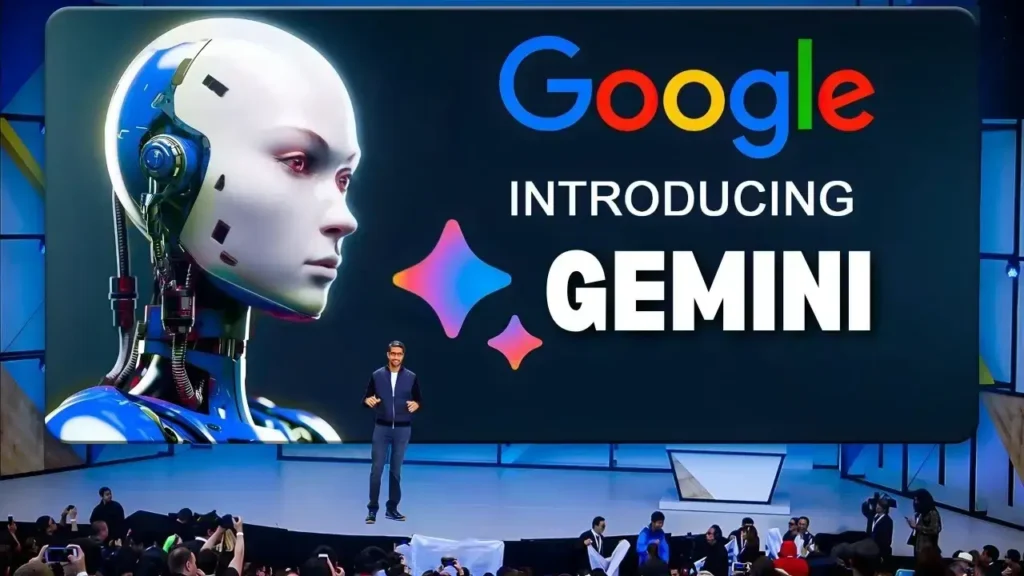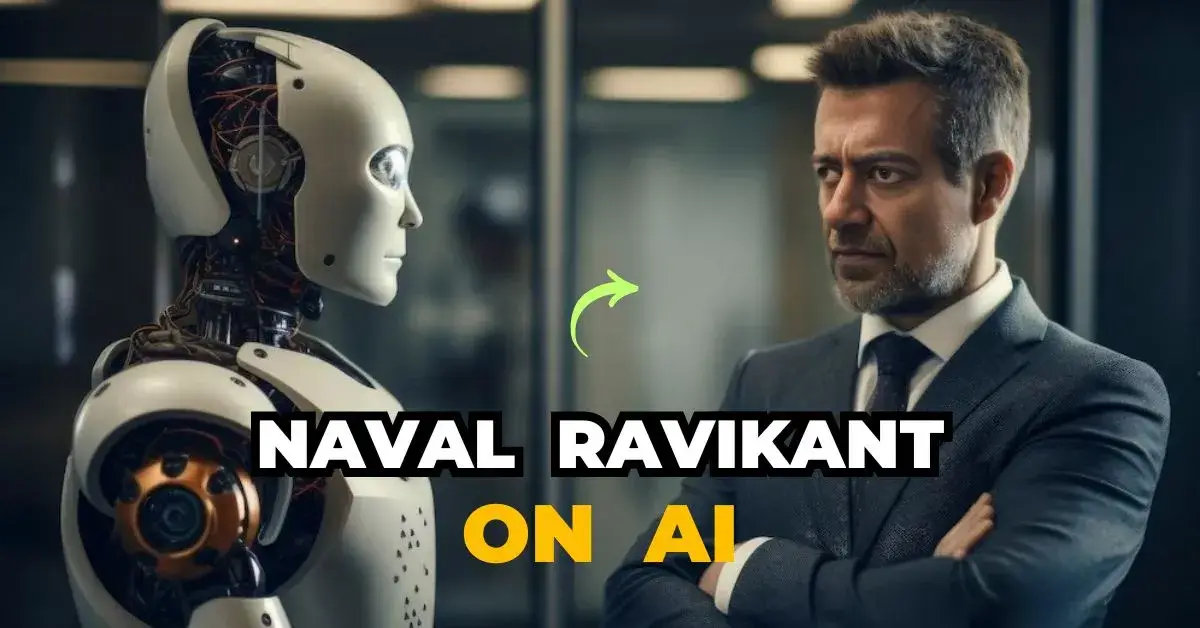How Sundar Pichai is destroying Google? Is it the end of Pichai’s tenure?

Sundar Pichai was well aware of the potential of artificial intelligence, so it’s not like it took him by surprise.
I vividly remember back in January 2018 when he compared AI to the groundbreaking inventions of electricity and fire.
His statement left the San Francisco crowd in awe, although some found it a bit far-fetched. Now, it’s ironic how his AI strategy seems to have lost its direction, especially with the recent crisis involving Google’s Gemini tool generating outrageous responses, like depicting Nazis as people of color.
This has become the lowest point in Pichai’s tenure, causing a significant drop in morale among Google employees. In fact, one employee even described it as the worst situation they’ve ever witnessed.
The calls for Pichai’s removal have never been louder, with even the usually composed Ben Thompson of Stratechery demanding his ouster on Monday.
However, the focus on the culture war aspect of Google’s Gemini incident is an oversimplification. It is not just about Google succumbing to wokeness or avoiding AI bias.
The truth is much more complex and goes beyond the skewed responses of Gemini. The culture war narrative gives too much credit to Google as a well-organized political machine. The issue runs deeper than that.
It is now evident that Google influenced the prompts in Gemini by adding certain words to steer the outputs toward diverse responses. However, the real story lies in how those words ended up there.

Even Google’s Trust and Safety team members are perplexed about the origin of these words. It is a result of Google hastily setting up the Gemini unit without clear ownership of critical capabilities.
This lack of accountability within certain parts of Google is concerning.
One member of Google’s Trust and Safety team shared, “Organizationally at this place, it’s impossible to navigate and understand who’s in rooms and who owns things.
Maybe that’s by design so that nobody can ever get in trouble for failure.” This organizational dysfunction is still prevalent within Google, despite their efforts to address it through recent layoffs.
It was evident in the formation of the Gemini team. While trying to keep up with OpenAI and Microsoft, Google involved its Product, Trust and Safety, and Responsible AI teams in the training and release of Gemini.
However, their coordination was clearly lacking. In his letter to Google employees regarding the Gemini debacle, Pichai acknowledged the need for “structural changes” to prevent a repeat, indicating a recognition of the failure.
These structural changes may require a significant overhaul of how the organization operates. “The problem is big enough that replacing a single leader or merging departments won’t be enough,” Pichai stated.
It is clear that Google needs to address the underlying issues and establish a more cohesive and accountable system to avoid similar crises in the future.
And as the crisis brewed internally, it only worsened when Google followed the same pattern of making vague promises and public statements about improving, just like it does with its core products.
However, what Google failed to realize is that the public’s perception of generative AI is vastly different from other technologies, which only exacerbated the situation.
Unlike search engines that direct you to the web, generative AI is the main attraction itself, not just a means to an end. Using a tool like Gemini comes with its own trade-offs.
On one hand, you get to experience the wonders of a seemingly magical product. On the other hand, you sacrifice control. While you may receive quick answers or visually appealing graphics, you lose touch with the original source material.
By relying on generative AI, you place more trust in massive corporations like Google, and for that trust to remain intact, Google must be incredibly transparent.
However, how much do we truly know about the inner workings of its models? By continuing with business as usual, Google only contributed to the severity of the crisis.

Now, some individuals close to Google are questioning whether the company is focusing its efforts in the right areas, bringing us back to Pichai’s strategic plan.
Was it truly necessary, for example, for Google to invest in a $20 per month chatbot when it could have simply integrated AI into its existing technologies like Gmail, Docs, and Google Home smart speakers?
These are all valid questions, and it’s only natural to wonder about Pichai’s role in all of this. However, the field of Generative AI is still in its early stages, allowing Google to make adjustments.
Just recently, Elon Musk even sued OpenAI for violating their founding agreement, which could potentially hinder the progress of Google’s main competitor.
With the release of the powerful Gemini 1.5 model, Google still has a few more chances before reaching a critical point.
However, everyone within the company understands that they cannot afford any more incidents like those of the previous week, from Pichai’s actions to the employees working tirelessly over the weekend.
If you have any queries or wish to offer suggestions to help us improve, we warmly welcome you to connect with us.




